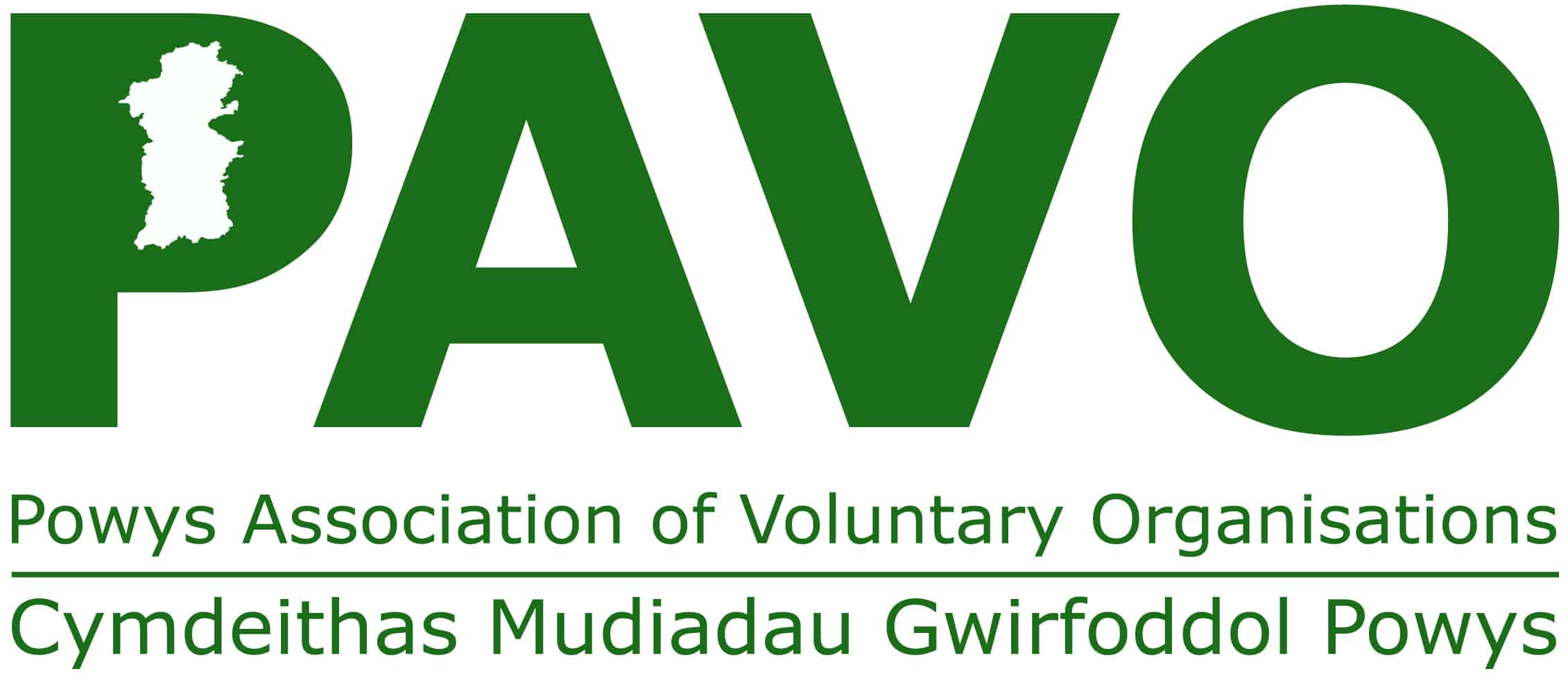THE SAINSBURY FAMILY CHARITABLE TRUSTS

a group of 19 grant-making charities that cover a wide range of charitable causes.
The Sainsbury Family Charitable Trusts (SFCT) is an umbrella organisation that facilitates the work of the grant making trusts and charities established by three generations of the Sainsbury family. SFCT itself does not give grants, and is not affiliated with Sainsbury’s supermarkets (J Sainsbury plc).
Each of the 19 Trusts, together with associated charitable companies, was set up by an individual member of the family. Each Trust is an independent legal entity with a separate focus and board of trustees, in many cases led by the family member who established it.
The Trusts work in many fields, including the environment, social inclusion, education, scientific research, the arts, and heritage. However, most of the SFCTs do not accept unsolicited applications – only a few offer grant programmes that eligible organisation may apply to.
These are the links to the individual Trust pages (click on the title of each Trust and it should take you to the more detailed spec of the Sainsbury Trust’s website), together with a short summary of each scheme.
1. The Alan and Babette Sainsbury Charitable Fund – invitation only.
The charity’s focus areas are intercommunity dialogue, refugee and asylum seekers; international and supporting disadvantaged young people in Southwark.
2. Ashden – Climate Solutions in Action – open to applications.
Ashden aims to accelerate transformative climate solutions and build a more just world by supporting climate innovation in the UK and Global South.
3. The Aurora Trust – doesn’t accept unsolicited applications. Trustees seek out charities to support.
The Trust’s primary focus is tackling climate change through its programme areas, sustainable farming, stopping deforestation, home energy efficiency, connecting people with nature, it’s support of Ashden – Climate Solutions in Action, and its investments. The Trust partners with the JJ Charitable Trust and the Mark Leonard Trust on the Climate Change Collaboration. Its mission is to keep warming within the 1.5oC limit agreed in the Paris Agreement.
4. The Climate Change Collaboration – doesn’t accept unsolicited applications.
The Climate Change Collaboration is a partnership between the Aurora Trust, the JJ Charitable Trust, and the Mark Leonard Trust. The three Trusts formed the Collaboration in 2011 in response to the growing urgency of climate change. The Climate Change Collaboration’s mission is to support efforts which help stabilise global temperatures to 1.5 degrees, restore our natural world, and support a regenerative economy.
5. Gatsby Charitable Foundation – doesn’t accept unsolicited applications.
Gatsby is currently active in Education, Plant Science, Neuroscience, Africa, Public Policy and the Arts. The Foundation is proactive in putting together projects to achieve its aims. Trustees and administrators identify areas of need, commission research and design interventions in partnership with sector and industry experts.
6. The Glass-House Trust – doesn’t accept any applications!
The Trust gives long term support to a small number of projects concerned with the built environment, child development, social policy and art. Grants are made to projects initiated by the trustees, or jointly by the trustees and the grant holder, and to other projects which the trustees proactively seek out.
7. The Headley Trust – accepts applications in defined areas.
The Trust support projects in the areas of Arts and Heritage UK, Health and Social Welfare, Overseas and education. Further information about the defined areas are available at this LINK.
8. The Indigo Trust – submission of proposals is by invitation only.
The Indigo Trust supports early-stage organisations through flexible grant-making, commissioning research and building partnerships, to address systemic injustices. The Trust identifies relevant organisations through its diverse networks, proactive research and recommendations from grantee-partners and peer funders.
9. The Jerusalem Trust – this programme is open to all.
The Trust funds Christian charities and organisations usually on a regional or national scale. Priority areas include evangelism and mission in the UK and overseas, Christian education, Christian media, and Christian art. Strategic priorities and criteria within these areas are reviewed annually.
10. The JJ Charitable Trust – doesn’t accept applications for ‘Catalysing Change’, but has a small budget for literacy projects which is open to all.
The Trust works with organisations to tackle deep rooted systems of education, economics and culture (values, beliefs and narratives) to help catalyse a fundamental paradigm shift towards a truly sustainable future. It supports social and community experimentation around regenerative and circular economies, and works with the Aurora Trust and Mark Leonard Trust on the Climate Change Collaboration.
The Trust also seeks to improve the effectiveness of literacy teaching in primary and secondary education for children with learning difficulties, including dyslexia. The Trust has a small grants scheme which allows direct applications to its literacy programme.
11. The Kay Kendall Leukaemia Fund – has completed its active grant-making and is no longer accepting applications.
The Kay Kendall Leukaemia Fund awarded research grants on aspects of leukaemia and related haematological malignancies. A new programme of patient care and patient centred projects associated with leukaemia and haematological diseases was instigated in 2008 for awards towards capital builds and initiatives with a strong patient-care focus for leukaemia patients, their families, and carers. However, the Fund has now completed active grant-making and no longer accepts applications for either of these programmes
12. The Linbury Trust – doesn’t accept enquiries or applications. The Trust identifies potential grant-recipients through its partnerships.
The Trust’s focus is public engagement with culture, including arts, dance, museums, and heritage, especially when this has benefits such as improved quality of life. It also supports work that improves the choices of people experiencing disadvantage and inequality, including homelessness, and refugees and asylum seekers.
13. The Mark Leonard Trust – does not accept unsolicited applications.
The Trust often supports smaller, early-stage organisations across the Mark Leonard Trust’s areas of work, which are ‘food and farming’ and ‘harnessing the power of the Creative Arts’.
14. The Staples Trust – applications for funding are generally invited by the Trustees or initiated at their request. Unsolicited applications are unlikely to be successful.
Staples supports projects in the following areas: Environment, Gender, Indigenous Peoples, and Inequality. The Trust also supports a small number of projects which fall outside these areas. Under the Frankopan Fund, it supports a grants programme for Croatian students who are pursuing postgraduate courses in the UK and internationally. Occasionally, the Trust also responds to international emergency appeals.
15. The Tedworth Charitable Trust – unsolicited applications are unlikely to be successful, even if they fall within an area in which the Trustees are interested.
The Tedworth Charitable Trust supports projects in the following areas: parenting, family welfare and child development; and arts and the environment. The Trust also supports a small number of projects which fall outside of these areas. Occasionally, the Trust also responds to international emergency appeals.
16. The Three Guineas Trust – annual grants round for holiday play and activity schemes for autistic children and young people. The Trust also runs an annual grants round for projects providing better access to justice for disabled people. Programmes are open to all.
Three Guineas is a grant-making trust that funds work to support the autonomy, liberty and civil rights of autistic, neuro-divergent and disabled people. Its work has 2 themes:
1. Autism: practical projects that support the autonomy, liberty and human rights of autistic and neuro-divergent people.
2. Disability, violence and access to justice: projects working on Deaf and disabled people’s civic rights, or responding to violence against autistic, neuro-divergent and disabled people.
17. The True Colours Trust – the Trust tends to be proactive in seeking out organisations and initiatives to support, so most of its grants are designed and developed in collaboration with its partners.
However, it provides two small grants programmes which have an open application process – one for work in the UK and one for work in Africa. The Trust’s work is focussed on:
o Improving access to palliative care for babies, children and young people in the UK.
o Enabling disabled children and young people to live their lives to the full.
o Improving access to pain relief and palliative care in Africa.
18. The Woodward Charitable Trust – generally, open grant programmes.
The Trust supports organisations that serve three groups:
1. Disadvantaged children and young people
> Those isolated, at risk of exclusion, involved in anti-social behaviour and those who have been in the care system.
> Those susceptible to becoming involved in gangs/ victims of gang violence and knife crime.
Support for education and mentoring projects, projects that raise self-esteem,
foster employment opportunities and encourage an involvement in the local community.
Separately, the Trust funds summer play schemes for children.
2. Disadvantaged families
This covers parenting support and guidance, mental health, food poverty, refuges and domestic violence projects.
3. Prisoners, ex-offenders and their families
Organisations that rehabilitate and resettle prisoners post-release, and projects that maintain contact with prisoners’ families while inside.
19. The Woolbeding Charity – resources are fully committed, and the Charity is not inviting applications for grants.
The Woolbeding Charity was formed in 2017 to bring to completion the remaining grant commitments and legacy work of The Monument Trust, which closed in 2018. Foremost among these is the construction of a new Glasshouse for the garden at Woolbeding in Sussex, a property owned by the National Trust.
Further information about the Sainsbury Family of Charity Trusts can be found on the SFCT website.
